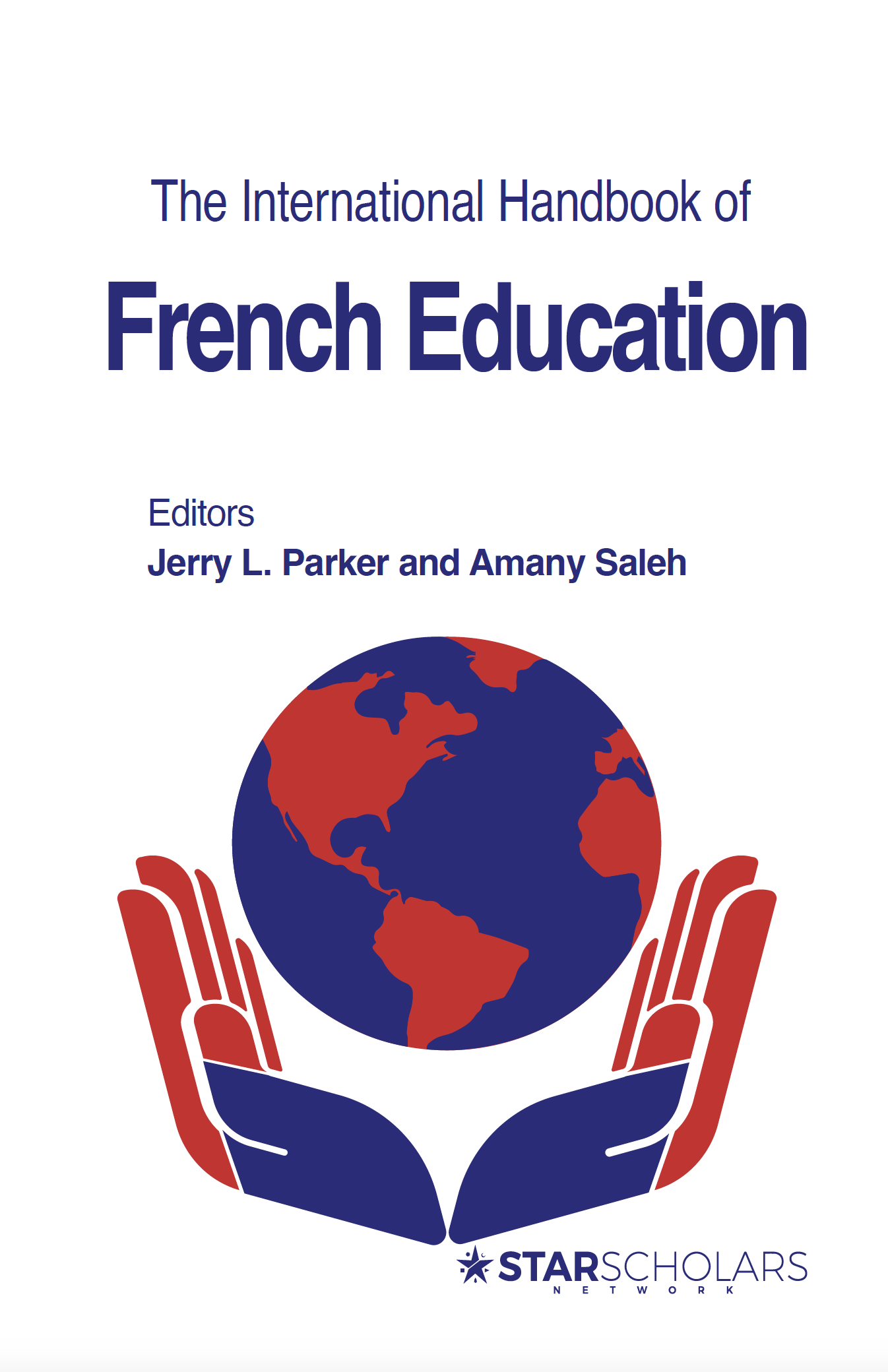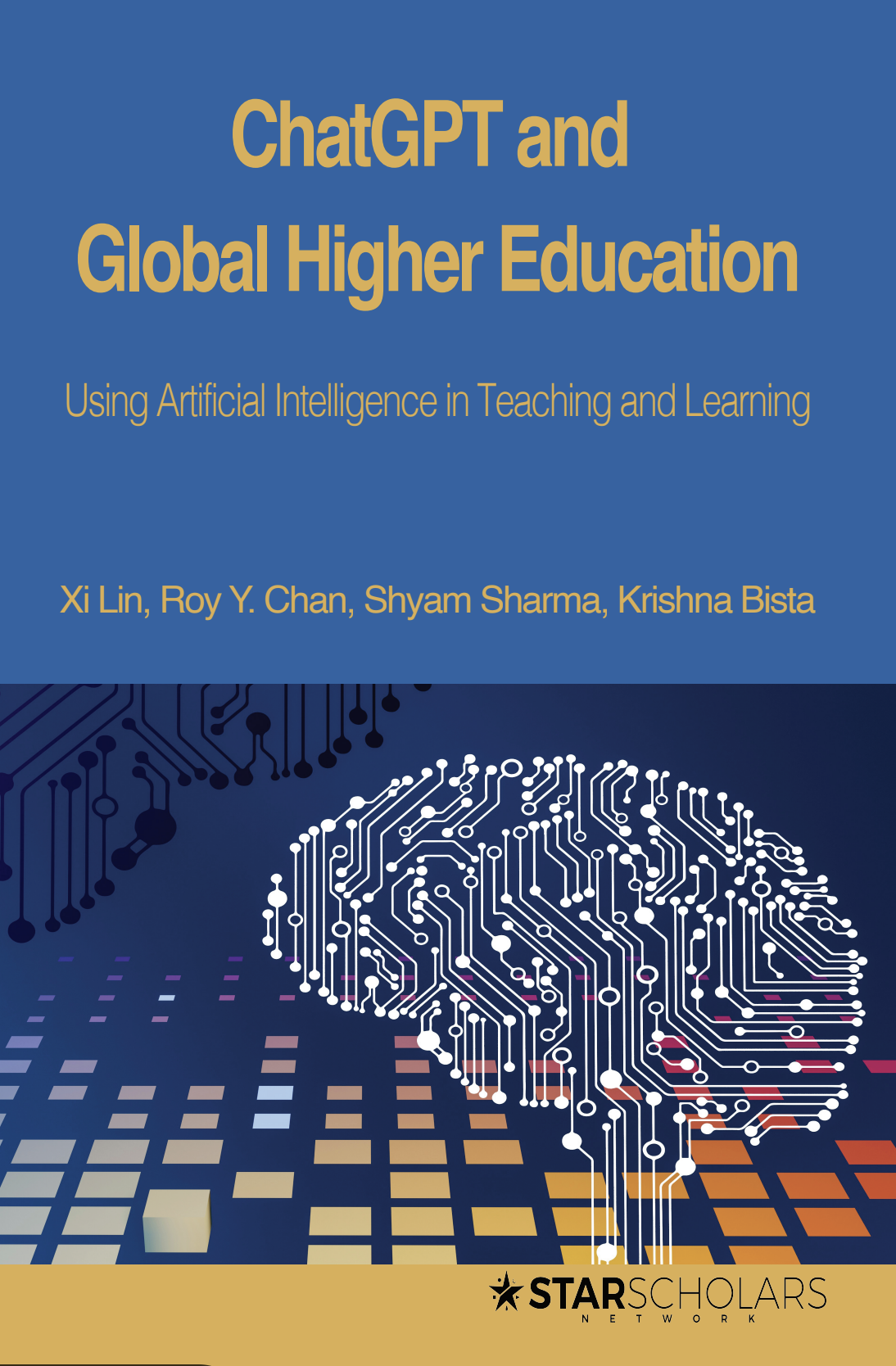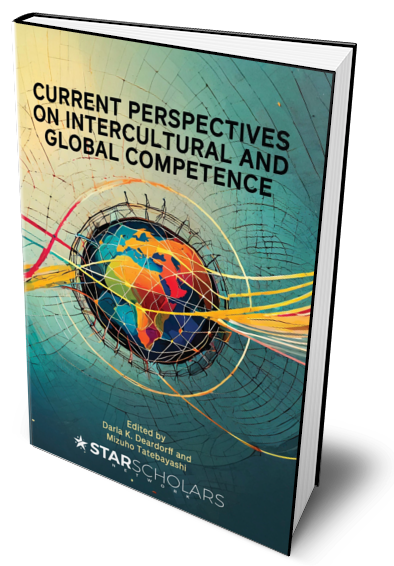Equity-Based Teaching Practices in the French Classroom
Published
Synopsis
Jessica S. Miller University of Wisconsin-Eau Claire, United States
ABSTRACT
This chapter describes equity-based teaching techniques to uphold academic integrity in today’s second language classroom and reduce the use of machine translation or artificial intelligence chatbots. Three frameworks rooted in equitable instructional course design are presented: Open Educational Resources (OER), Universal Design for Learning (UDL), and Transparency in Learning and Teaching (TiLT). Principles derived from these approaches can encourage academic integrity by facilitating access to learning materials, clarifying criteria for success, and helping learners understand the benefits and drawbacks of mixing machine-generated language with their own. Examples and applications relevant to the teaching of French that simultaneously promote honesty and social justice values while developing proficiency are shared. These can help educators depart from detection and penalty-oriented models that are not only time and energy-consuming but also potentially discriminatory. Finally, implications on student and teacher agency are discussed.
Keywords: artificial intelligence, integrity, open educational resources, transparency, universal design





